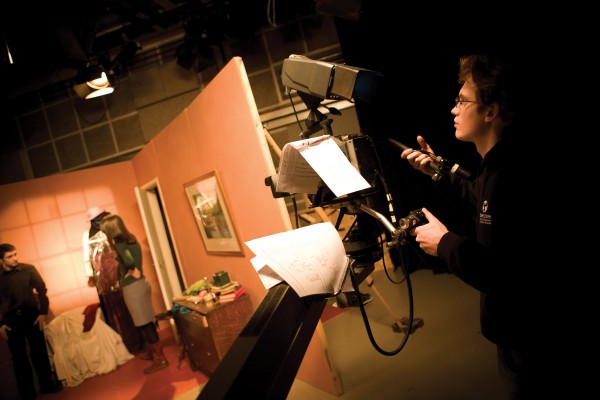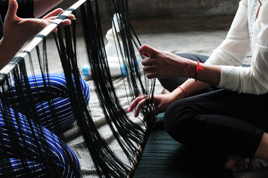By Jay Willink Wilde

The last time I
had a ‘job’, as such, was in 2002. Since then work has been a combination of
freelancing, parenting, volunteering, training and attempting to set up various
creative businesses. I’ve had to learn the nitty-gritty of invoicing, tax
returns and budgeting along the way. I’ve attended courses on freelancing and
setting up you own business and love nothing better than to hungrily devour the
latest book on freelancing and portfolio careers, which appeal to my magpie
gaze with all their colourful titles and promise of tribe. I’ve put together a
resource list which accompanies this post as some of them may resonate with you
too.
I know that your work
life is likely to be similar, or you can see yourself charting this kind of
path in the future. You may have a career (or two) under your belt by the time
you started your PhD. Perhaps you are juggling at least one job with your part-time
research. You may have many creative interests and occupations, paid and unpaid,
and your research work only serves to open up a new possible strand of
employment for the future. The PhD may deepen your practice which in turn opens
you to a new path of working that wasn’t apparent before.

How to capture
this rich mixture? How to decide what you’re going to earn from and what you’re
not?
This is the
essence of portfolio careers; a complex mixture of paid and unpaid work,
employment and self-employment, passion projects and interests which ebb and
flow over a lifetime of your ‘career’. Somewhere along the way (hopefully) the
bills and tax get paid, and there is a sense of building something, but it can also
feel like a pretty marginal way to live and somehow as if this isn’t a ‘proper’
career.
IPSE (The
Association of Independent Professionals and the Self Employed) is the voice of
freelancers from all walks of life. They’ve become my freelance go-to, not only
to learn how to do it, but because it can also provide a sense of community in
what can be a lonely way of working. If you take up free access-only
membership, you can get your hands on some excellent free downloadable
resources, including the superb 70-page Be
Your Own Boss: Guide to Freelancing and hundreds of other tips, templates
and helpful documents. Whilst you’re registered for your PhD you can take up
student membership for only £35 a year which gives additional access to
networking events and other support. Full membership (which is discounted to
those who are transferring from student membership) also includes access to
many things you take for granted as an employed person such as legal advice,
sickness cover and a pension plan.

It can be really
hard to find out how other people make money as freelancers. In our Time management for PhDs workshop at
Congress, one of the things that came up was keeping the money side of things
in balance. I found the book Naked Money,
edited by Elinor Trier, a fascinating insight into the real money lives of 29
creative people who talk about things such as money shame (‘everyone is doing
better than me’, ‘having a day job means I’m not a real artist’), mindset
shifts (‘it’s not possible to make money as an artist’), success and failure
and income reports.
Portfolio careers,
always the norm in the arts, are in vogue amongst the general population and it
is thought that at least one in seven working adults in the UK is currently self-employed.
The good news from this is that it has spawned a great many online and print resources
to help you make a success of the freelance life. I’ve recently come across the
podcast Being Freelance (also on the
IPSE website) which is curated by the audio and video artist Steve Folland. He
also has a vlog on YouTube. A recent episode which caught my eye was with the
photographer Penny Wincer who talks about the bigger picture of balance, her
freelance life and weaving her professional life alongside being single mum to
two, one of whom has complex needs. I’m not sure there are any creatives
appearing on the podcast who are combining their practice with a PhD. Maybe that
signals an opening for one of you?
Links
Steve Folland,
Being Freelance vlog, https://www.youtube.com/user/SteveFolland
IPSE, https://www.ipse.co.uk/
Portfolio careers
resource list



